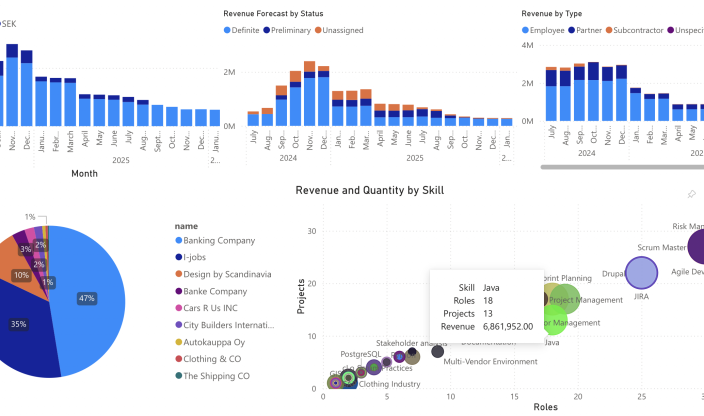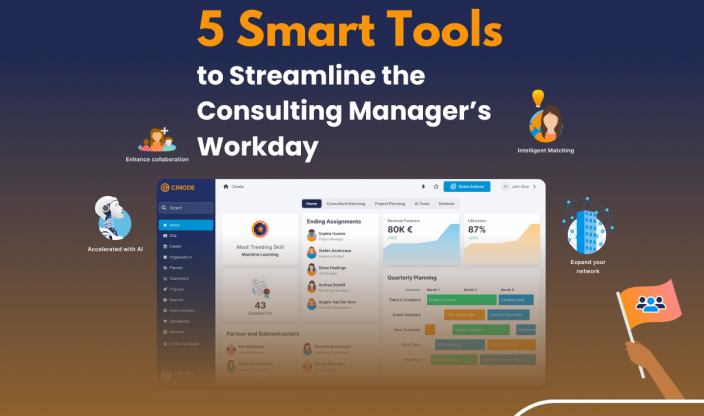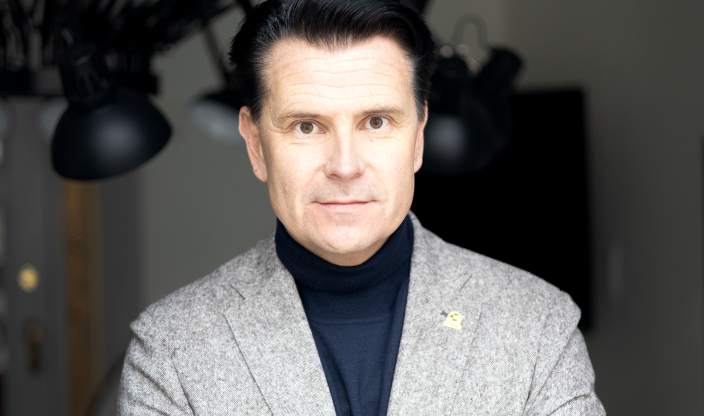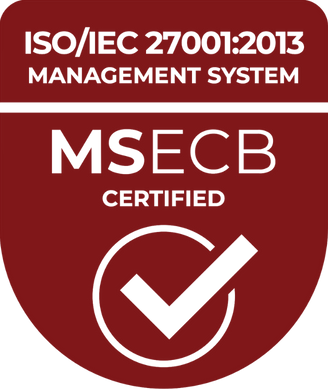How to set (the right) price?

In the business world, things are rarely black or white. When it comes to the art of charging for your services, there are no absolute rules that always apply. It’s more about having certain principles as a foundation while also being able to adapt to the situation.
Here are some principles and practical tips to keep in mind. Read them with a pinch of humor, and remember— even if the map tells you to move forward, it might be worth reconsidering if you’re standing at the edge of a cliff.
1. Always ask for a little more than you think you can get
As consultants, we often encounter clients who are in a hurry when they ask for help.
A stressed client might say: “Can you have it done by Monday?”
But how critical is it really that it’s finished by then? Without asking a follow-up question, you’ll never know the answer.
Try saying: “Monday is difficult, but what’s the latest it needs to be done by?” The client responds: “We absolutely need it by Wednesday at 3 PM.” And suddenly, you’ve created more time and flexibility for yourself.
If you also want to test the client’s willingness to pay, you can ask a follow-up question: “What happens if it’s not done by Wednesday at 3 PM?”
The client: “Then we won’t be able to meet our commitment to our end customer, and we’ll have to pay a fine of 20,000 kronor.”
How you choose to use that information is up to you…
2. Assume the client wants to negotiate the price
When you provide a quote or price, you should expect that the client will want to negotiate. There are significant cultural differences in this regard. In a bazaar, a rug originally priced at 100 Euro may eventually be sold for 10 Euro after some negotiation.
In Sweden, however, a consultant would be seen as unprofessional if their price could be reduced by 90 percent. That said, it’s wise to have some negotiation room, as negotiations often arise. Experienced consultants assume that clients will want to negotiate on timelines, deadlines, what’s included, costs, and hourly rates, and they factor this into their offers.
3. Nothing is easy or happens quickly
Here, it’s important to read between the lines. If a client asks if you can solve a problem, and you, as an experienced consultant, reply, “Sure, no problem! It’s simple and quick!” it can lead to several misunderstandings.
What the client hears is that your effort is almost free — after all, you said it was simple and quick. Additionally, you risk painting yourself into a corner. How often do things that should be easy and quick end up being more complicated?
An experienced IT consultant with over 20 years of experience used to respond: “Hmm, that’s quite complex and might take some time. When does it need to be finished?”
Of course, you can’t always claim something is difficult and takes a long time, but sometimes it’s good to remember that what is easy for you may not be easy for others. What’s interesting is that the same expression can be interpreted differently depending on who is saying it.
If a new consultant with only two weeks on their first assignment makes this statement, it will be interpreted differently than if a senior consultant says the same thing. In rhetoric, Aristotle called this ethos – it’s about the speaker’s authority and credibility.
Conclusion
Succeeding in the “art of charging (the right) price” is about more than just numbers. It’s a combination of professionalism, communication, and psychological insight. By understanding the client’s needs, creating room for negotiation, and being mindful of how you express yourself, you can strengthen your position and secure better compensation for your expertise. The most successful consultants are not only skilled in their field, but they are also experts at selling their own value.
Vill du höra Peter Kjellström i Konsultpodden?

Guestblogger - Peter Kjellström
Guestblogger - Peter Kjellström
You may also like...
All posts
Sep 10 2025 · Consulting
“It’s About Growing Right – Not Fastest” – Netlight Scales Up with Culture and AI in Focus

Aug 21 2025 · Cinode, Consulting
🚀 A Clear View and Fast Execution – Our Journey with Cinode

Apr 30 2025 · Consulting
Understanding the psychology behind pricing

Mar 18 2025 · Consulting
How do we charge for the value of our services?

Mar 11 2025 · Consulting
New AI Act: Checklist for Consultants and Consulting Firms

Feb 27 2025 · Consulting
Maximize Insights in Your Consulting Business with Cinode and Power BI

Jan 31 2025 · Consulting
5 Smart Tools to Streamline the Consulting Manager’s Workday

Jan 29 2025 · Consulting
New guide: How to Build Consultant Resumes That Win Clients

Nov 05 2024 · Consulting
Sweden’s most profitable consulting company reveals its secrets

Oct 30 2024 · Consulting
From Vision to Reality – Consid’s Amazing Journey Under Peter Hellgren’s Leadership

Oct 24 2024 · Consulting
How to Prepare Your Consulting Firm for Sale – Keys to Maximum Success

Sep 03 2024 · Consulting
